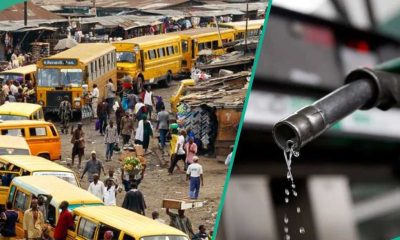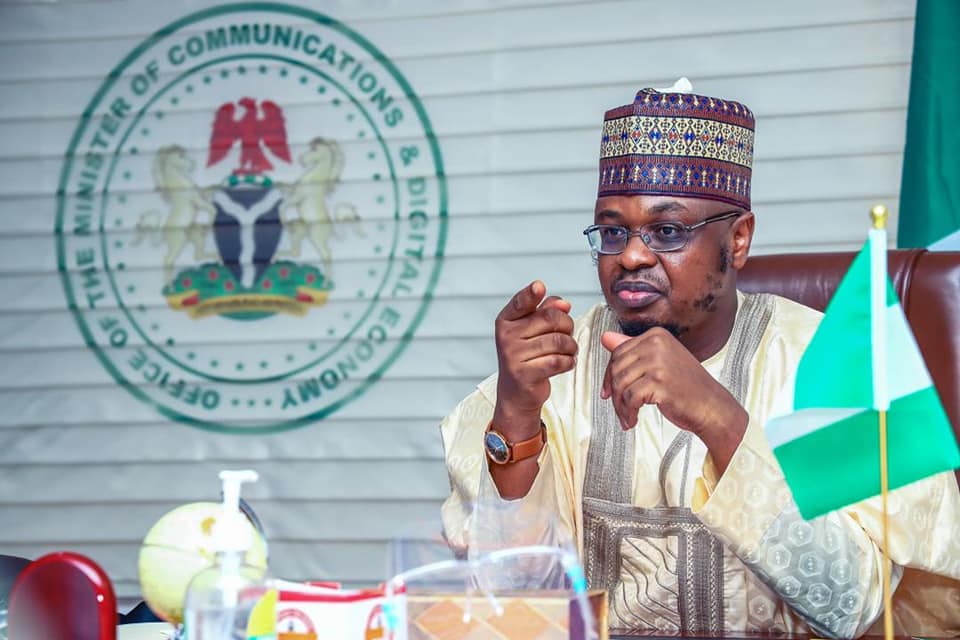The Federal Government said it would launch a ‘Dig Once’ policy before the end of the year to reduce the cost of broadband infrastructure deployment across the country and ultimately lower the cost of telecom services for consumers.
Minister of Communications and Digital Economy Isa Pantami disclosed this at the fourth edition of the Policy Implementation Assisted Forum (PIAFo) on Dig Once Policy and Fibre Strategy in Nigeria with the theme: Laying the Foundation for Ubiquitous Broadband for Nigeria’s Economic Breakthrough.
He said the policy seeks to promote the installation of ready-made buried fibre conduits for seamless fibre deployment in the country and had received necessary inputs following robust engagements with relevant stakeholders.
The Minister, who was represented at the event by Engineer Usman Aliyu, Secretary of the Broadband Implementation Steering Committee (BISC) and head of Wireless Network at the Nigerian Communications Commission (NCC), said the policy is a critical element to attaining 70% broadband penetration by 2025.
“Some of the objectives of the policy are provisioning of shared infrastructure for existing internet service providers and entrants, promotion of installation of ready-made buried fibre conduit for broadband deployment, and reduction of the barriers to entry for Internet Service Providers.
READ ALSO: NCC: Governors, telecoms stakeholders assemble for broadband awareness forum
“Others are to promote coordination and reduce the number of excavations and disruptions caused due to fibre installation works, to lower the cost of broadband internet service deployment, to promote the joint installation of infrastructures in a single phase and avoid unnecessary future digging as well as encouraging infrastructure, and to promote a unified and affordable pricing regime across the federation for Right of Ways.”
He also noted that once the policy becomes operational in Nigeria, there would be lower costs of repair and maintenance of installed fibre infrastructure and a lower cost of broadband internet service deployment.
Earlier in his remarks, Omobayo Azeez, convener and lead executive of PIAFo, emphasised that fibre is critical to achieving the 70% broadband penetration Nigeria is currently targeting. He said there is a need for all stakeholders, especially state and local governments to embrace and domesticate the policy in their respective states.
“According to the National Broadband Plan, we are targeting a network of 90,000km and 120,000km of non-overlapping fibre infrastructure by 2023 and 2025 respectively from just 40,000km in 2020.
“As of the end of 2021, data by the Nigerian Communications Commission (NCC) indicated that total fibre Optics so far deployed in Nigeria stood at 74,947km, including 47,128.7km on-land and 27,818.3km submarine.
“This indicates that we still have a long way to go to attain pervasive broadband infrastructure that will deliver high-speed internet to power our digital economy dream. However, dedicated efforts on dig once policy will help us to get there faster and with moderated cost implication,” he said.

 Football5 days ago
Football5 days ago
 Crime1 week ago
Crime1 week ago
 News4 days ago
News4 days ago
 Business6 days ago
Business6 days ago
 Football6 days ago
Football6 days ago
 Business6 days ago
Business6 days ago
 Latest5 days ago
Latest5 days ago
 Comments and Issues5 days ago
Comments and Issues5 days ago

